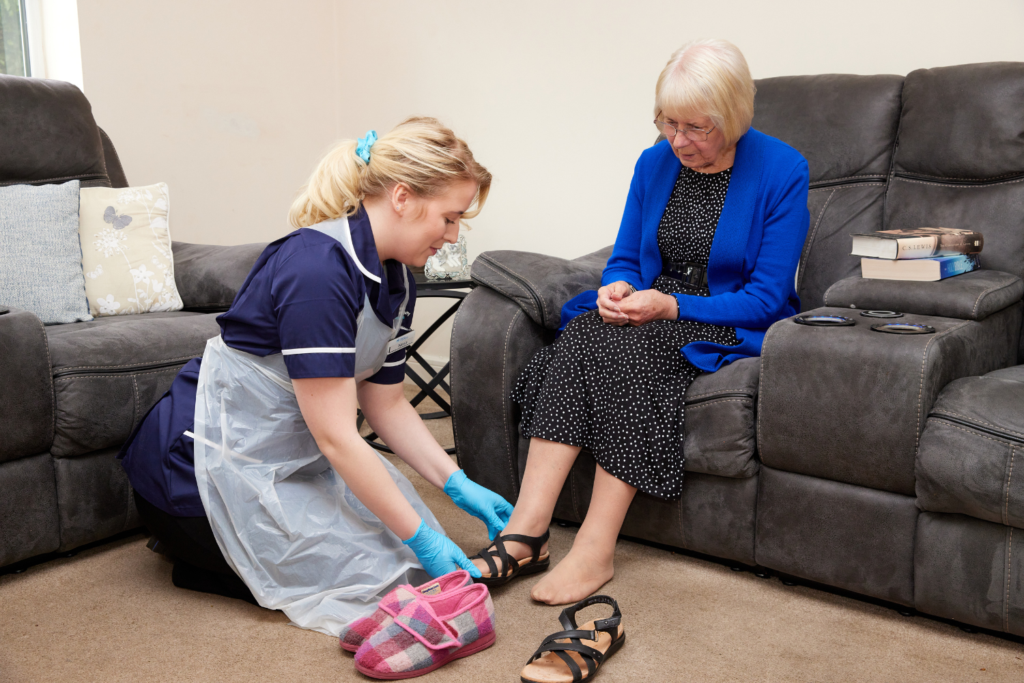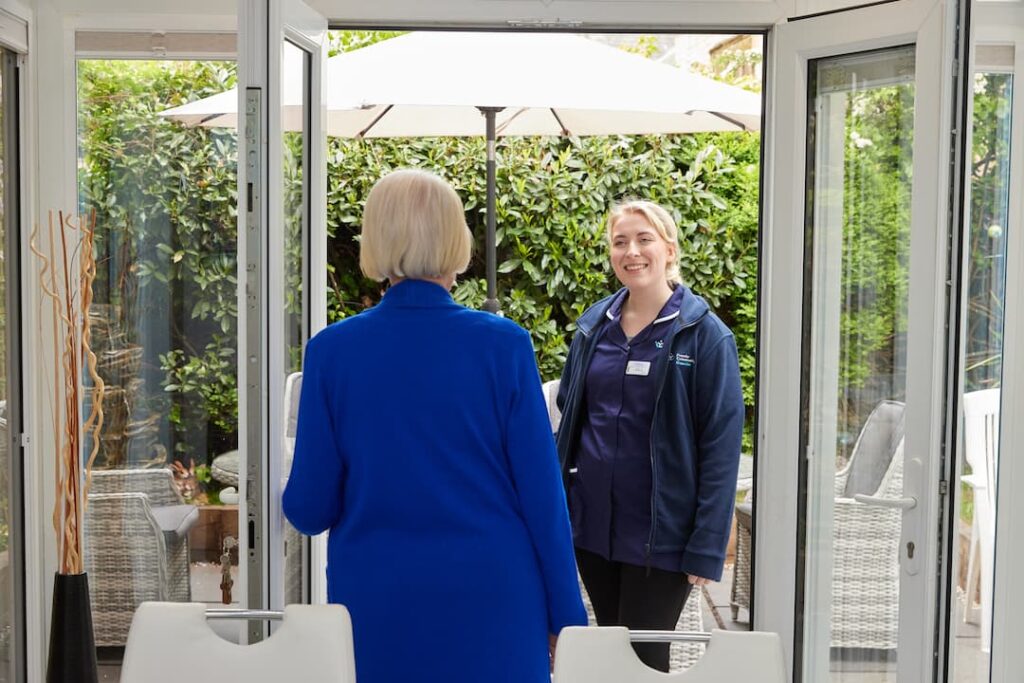As a Mental Health First Aider at Premier Community, I’ve had the privilege of listening to colleagues share both their challenges and their triumphs. One thing I’ve learned time and time again is this: mental health matters just as much as physical health—if not more. When our minds are calm, supported, and resilient, we’re better equipped to care for others, handle stress, and find meaning in our work.
In the care profession especially, where emotional demands can be high and the pace is often fast, it’s vital to recognise when we need a pause, a conversation, or simply a bit of space to breathe. Mental health isn’t about being “perfectly happy” all the time—it’s about having the tools to navigate life’s ups and downs with confidence and support.
In this blog, I’ll share simple but powerful strategies to help protect and promote your wellbeing. From recognising early signs of stress to building healthy habits and knowing when to reach out, these are practices that can make a real difference—both at work and in everyday life. As well as recognising those pesky mental health barriers and ways to overcome them.
Because caring starts with ourselves.
Building Relationships
Building relationships and having positive connections with others can support mental well-being. Having these positive relationships is important for everyone’s well-being. They build self- confidence, provide a sense of belonging, and offer emotional support. Ensure that you carve time to spend with family and friends.
You could also find hobbies you can share with others which you find enjoyable. Volunteering is a great way to meet new people. Finally, there are many helplines and listening services available, some individuals find it easier to talk to people they don’t know.
Get Active
Being physically active can help your mental well-being. Being active releases hormones which help to relieve and manage stress. Physical health is linked to your mental health and improving one will help improved the other. Find something enjoyable. It doesn’t have to be a big workout; getting out for a short walk can help support your mental health.
Mindfulness
Focusing on the present can help with your mental well- being. Mindfulness can help you to become aware of your own thoughts and feelings. Being mindful of the present can help you feel more connected to the world and the people around you. Having a better understanding of yourself can help you avoid situations that negatively impact your mood.
Learning
Learning new skills can help improve your moods, as well as boost your self- confidence and self- esteem. Why not try out new hobbies such as cooking or crafts to learn new things. Finding something new that challenges you will provide a fresh sense of purpose and improve your overall well-being.
Sleep
Improving your sleep can make a big difference to both your physical and mental health as well as your overall well-being. Establishing a consistent sleep schedule, minimising screen time, and creating a sleep- conducive environment can all contribute to improved sleep quality. Having high- quality sleep can help you feel more prepared to tackle your daily activities and maintain a positive attitude.
Barriers to Support
There can be many different reasons someone doesn’t feel they can access support for their mental health it may be for anyone of these reasons. Here are just a few examples of some of these reasons.
- Prejudice
- Discrimination
- Negative Experiences
- Financial Reasons
- Embarrassment
- Lack of understanding
- Lack of support
Overcoming Barriers
Knowing where to start can be tricky to some in knowing how to overcome these overwhelming barriers. Below we have suggested some starting points to consider when acknowledging these barriers face on and knowing how to make a start to overcome.
- Engage in conversations and provide training about mental health illnesses to create an open and positive environment.
- Make support available to reduce reluctance in seeking help and guide and signpost people to the appropriate professionals.
- Have Mental Health First-Aiders for individuals to approach, especially when they don’t have a strong support network.
- Eliminate the taboo and negativity surrounding mental health and make it acceptable for people to openly discuss mental health.
- Share information about mental health conditions in order to help everyone become more aware of how others may be feeling.
Mental Health Resources
It’s importance to know that when you need it or ready for it help is there. Below are a few helplines and information available to help.
- Mind – Mental health charity
- Samaritans – Call any time, day or night.
Importance of Mentally Healthy Workplaces
We know that employees who feel happy and valued at work are more motivated, perform better, and have fewer absences.
A workplace that encourages their staff’s well-being will notice higher job satisfaction among staff and lower levels of stress and anxiety.
Having a mental health first-aider helps to detect early signs of stress and mental health illnesses, allowing businesses to intervene and prevent absences.
Creating an open culture in the workplace allows people to freely express themselves and seek support when they feel overwhelmed.
This can help them to recognise and manage their mental health in a more balanced way.
Looking after your mental health isn’t a luxury—it’s a necessity, whether it’s taking a few minutes each day to reflect, reaching out for support, or building small, healthy habits into your routine, every step you take toward protecting your well-being is a step toward becoming a stronger, more resilient version of yourself.
As a Mental Health First Aider, I want you to know that you’re never alone. Help is always available and talking about how you feel is a sign of strength—not weakness. At Premier Community, we believe in supporting each other like family, with compassion, understanding, and genuine care.




